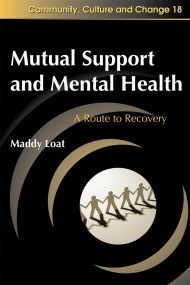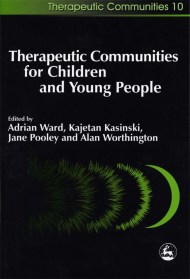From the 1950s onwards different movements, ideas and key figures have contributed to the initiative which is now recognized as Therapeutic Communities (TCs). This book follows these post-war changes (such as “libertarianism” and the “open door movement”) through to the present day and discusses the influence they had on the practice of psychiatry and the introduction of TCs. Including chapters on the work and influence of Joshua Bierer and R.D. Laing, and providing an explanation of the Villa 21 project (the only attempt to apply Laingian concepts in an NHS setting), Clarke also examines TC viewpoints on current debates, such as the forcible treatment of mentally ill people perceived to be a threat to society, the gradual emergence of the hospitalization versus community question, and the problem of custody within psychiatric care. Providing a thorough analysis of the emergence and progression of TCs, this book is essential reading for anyone involved in the field.
Newsletter Signup
By clicking ‘Sign Up,’ I acknowledge that I have read and agree to Hachette Book Group’s Privacy Policy and Terms of Use


















